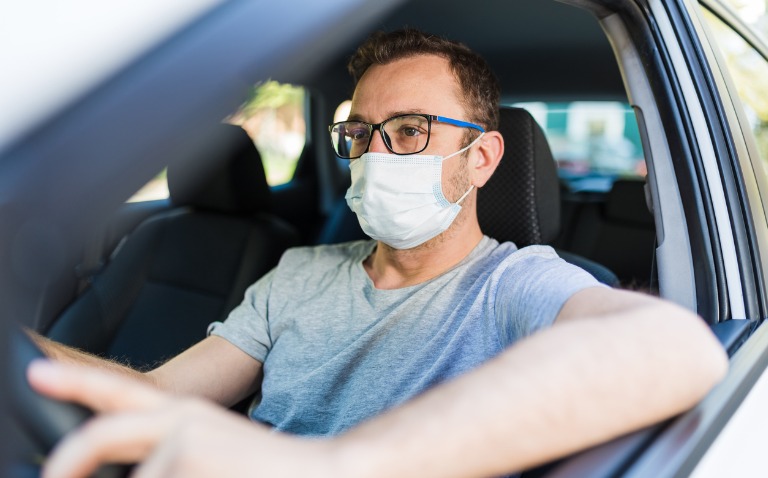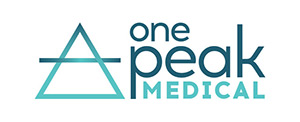
Long COVID-19 Treatment
OnePeak Medical offers personalized treatment plans to help you recover from COVID-19 and any long-term effects you might experience following infection.
1 in 3 people experience long-term effects of COVID-19.
A recent study found more than 1 in 3 people report at least one symptom for weeks or months following a COVID-19 infection.
Even people with mild cases of the virus can have persistent symptoms that disrupt their daily life.



Personalized Long COVID Care
Were you previously diagnosed with COVID-19 and have lingering symptoms lasting four or more weeks? OnePeak Medical can help.
We provide comprehensive testing and personalized treatment plans to address the wide range of physical, mental, and cognitive symptoms associated with long COVID.
Long COVID Symptoms
In long COVID, also known as long-haul COVID or Post-Acute COVID-19 Syndrome (PACS), people experience a wide range of symptoms — from fatigue to joint pain, to depression, to brain fog, to a rapid heartbeat.
For some, these are the same symptoms they experienced when they first became sick. For others, new and often confusing symptoms arise.

Virtual Appointments Available
Virtual office visits are available with all of our medical providers to keep you safe and healthy. If you have tested positive for COVID-19, please call any of our clinics to schedule a same-day telehealth appointment.
Need a Rapid COVID-19 Test?
OnePeak Medical offers less invasive COVID-19 tests to both patients and non-patients. There are many reasons to get tested for COVID-19:
- If you have COVID-19 symptoms
- After known or suspected exposure to COVID-19
- For screening (schools, work, etc.)
- Before travel or a large event
Call your local OnePeak Medical clinic for availability.

Frequently Asked Questions
People with COVID-19 have had a wide range of symptoms ranging from mild to severe. Symptoms may appear 2-14 days after exposure to the virus.
- Fever or chills
- Cough
- Shortness of breath or difficulty breathing
- Fatigue
- Muscle or body aches
- Headache
- New loss of taste or smell
- Sore throat
- Congestion or runny nose
- Nausea or vomiting
- Diarrhea
For the latest information on COVID-19, please refer to the CDC website.
Although most people with COVID-19 get better within weeks of illness, people commonly report experiencing different combinations of the following symptoms:
- Anxiety & depression
- Brain fog (difficulty thinking, reading, or concentrating)
- Change in menstrual period cycles
- Chest & stomach pain
- Cough
- Diarrhea
- Difficulty breathing & shortness of breath
- Dizziness & weakness
- Fatigue & low energy
- Fever
- Hair loss
- Headache
- Insomnia
- Joint & muscle pain
- Mood changes
- Rash
There are several reasons why you might want to get an antibody test:
- You previously had symptoms (not currently) and want to know if it was COVID-19
- You are asymptomatic, but may have potentially been exposed (close or proximate contact with a person known to be positive with COVID-19)
- Individuals subject to precautionary or mandatory quarantine
- Individuals employed as a healthcare worker, first responder, or essential worker who directly interacts with the public
- Individuals present with a case where facts and circumstances warrant testing as determined by clinicians or health officials
You should NOT get an antibody test if:
- Anyone who is actively having symptoms. Seek medical attention right away if you are experiencing severe symptoms
- If you had symptoms, please wait at least 7-10 days to take the test counting from the START of your symptoms. Sensitivity is higher 15-20 days onwards. Antibodies take time to develop – taking the test too early may not give accurate results.

Contact Us
We are passionate about building lasting relationships through personalized treatments and superior care. Contact us today and schedule your consultation towards wellness and vitality.

